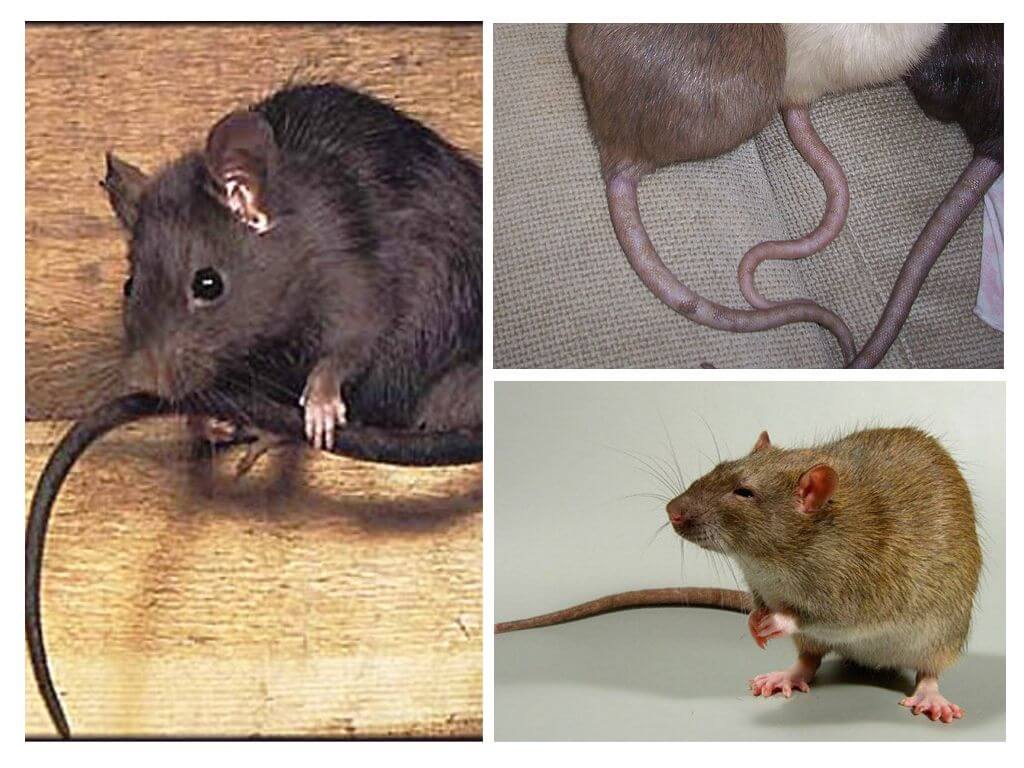Why do rats tail
The rat tail is the subject of much controversy. The question of its need and functional properties arises today. However, taking into account the fact that nothing happens in nature, this process also has an important meaning for the animal. Why a rat has a long tail, this article will tell.
Scientists know more than 60 rat speciesand in most of them the length of the tail corresponds to the size of the body of the rodent. Even u little rats the tail is long enough. Many people think that the tail of a rat is naked. However, this statement is not quite true: if you look at rat appearance, you can see that the tail is covered with a small, having the same color as the animal, the bristle.Especially the hairs are clearly visible on the skin background of the skin in rodents of white and black color. Below you can see what the tail of the rat looks like in the photo in enlarged view.
On a note!
There is another myth, according to which, the tail of a rat is noticeably cold and slippery. Such an opinion is also incorrect: the surface layer does not have mucus at all, but on the contrary, it is rather rough. It consists of small scales closely adjacent to each other. The cold continuation of the spine can be from the fact that the animal froze.
Thermostat
People have repeatedly thought about what the rats tail for. This process has two purposes, which ensures the normal functioning of the animal. The first purpose is to regulate body temperature. The blood vessels inside the rat process are able to expand and allow more warm blood to pass through. The fluid returns to the body of the rodent already chilled, which contributes to a decrease in the body temperature of the animal.
The cycle in the opposite direction occurs when the body temperature drops. Therefore, the rat's tail serves as a kind of thermostat.
Balancer
One more interesting fact about the rat and its tail is balancing ability. After all, it will not be difficult for a rat to climb a vertical surface, crawl along a branch or wire. And in all these situations, the tail comes to her rescue. It is he who allows the animal to not fall and maintain its balance, performing the function of an invisible hand. Of particular importance in this case is the length of the rat's tail: the bigger it is, the more confident the animal feels.
Now you know about the value of this rat dignity, which not only decorates the animal, but also saves the animal from danger.






